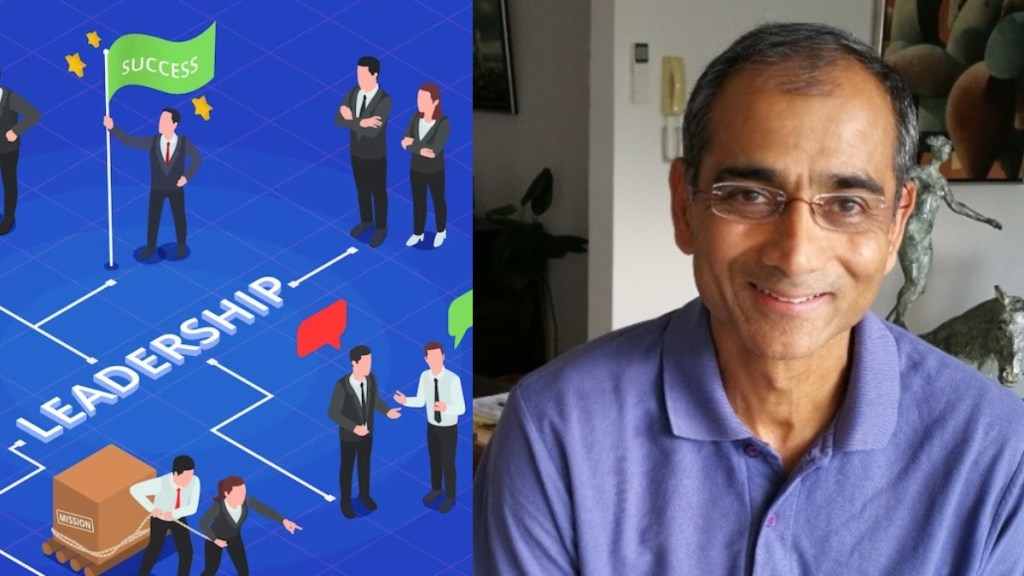As technology continues to wreak havoc, one of the most pertinent debate is the life skills gap which affects the careers of about 800 million children globally, according to a UNICEF report, 2022. In India alone, nearly 220 million kids are affected by this gap. This has a direct bearing on the holistic development of individuals and their employment opportunities. The new National Education Policy (NEP) 2020 has laid special emphasis on building life skills in children to foster creative and critical thinking among students.
In a conversation with FE Education Online, Ravi Sonnad, founder, CEO, Enabling Leadership, a global non-profit-organisation (NGO), spoke about why these skills are important and how India can bridge this gap. (Edited Excerpts)
What are life skills and why is it important?
Just as we have academic, vocational, and technical skills, life skills are actually the glue which keeps all of it together. It includes abilities such as self confidence, grit and resilience, communication and collaboration which are important to be able to apply any of the other skills. These skills are going to become more crucial as we move forward given that technological advancement such as artificial intelligence is taking away routine jobs.
However, the lack of life skills has become a gigantic crisis in the education field. There’s too much focus on grades and marks and exams and therefore knowledge based education is slowly becoming less and less critical. Unless we teach these skills to students, the gap will widen and become a bigger problem.
How are life skills related to employability?
Life skills fundamentally are about what you have learnt and how you are able to use them to earn a living. In most government and low-income schools, many children come from families where parents may not have received primary education. They don’t get an environment to inculcate these skills and grow up in a vacuum. As a result, these kids lack the necessary skills required to be employed. In other words they are ill-equipped to join the workforce because they didn’t get the opportunity to learn these skills.
What is the right age to develop life skills?
Life skills are actually best inculcated to children in the age bracket of 10-15 years and the best way to inculcate these skills is to expose children to team sports, arts or music. However, today people try to inculcate these skills alongside vocational training programmes after 10 + three or 12 + two. That’s actually the wrong time, in fact, it’s the worst time as most of the brain development is completed by then.
How do you look at NEP 2020 bridging this gap?
The National Education Policy has hit the nail on the head as it lays great emphasis on promoting life skills in early childhood education. It’s a question of ensuring effective implementation of that policy. If consistent efforts are made and all governments come together, in about a decade or so India will be able to bridge this gap.

